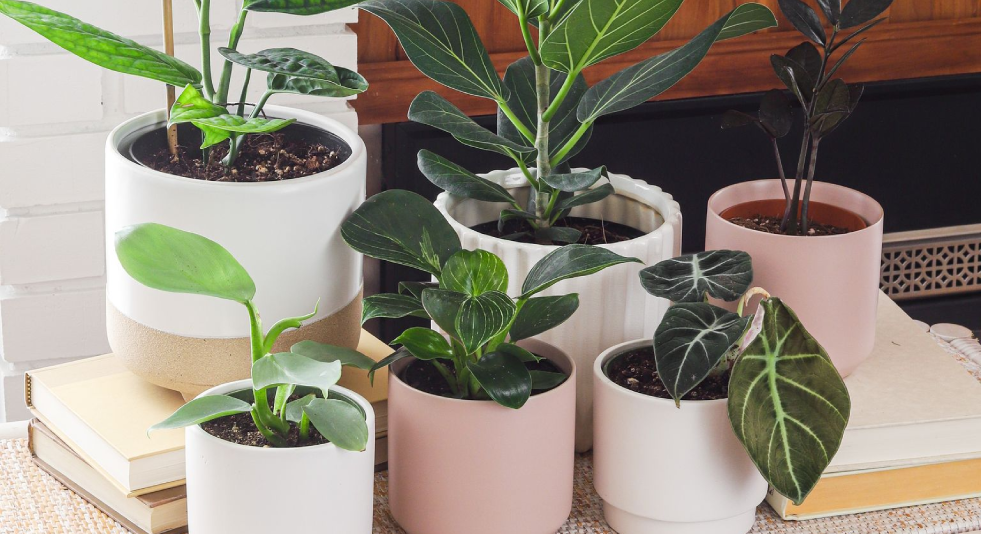Technically, most houseplants are toxic to cats and dogs. But so are many of the plants that grow in UK woodlands, including daffodils, foxgloves, tulips, yew trees and tomato plants. Knowing this doesn’t stop people from taking their dogs for walks or letting them loose in a well-planted garden, so why are people so concerned when it comes to choosing houseplants?
Categories
At its core, forest bathing entails immersing yourself in nature and consciously engaging with elements of the natural landscape. It can be as simple as spending time with nature and absorbing the atmosphere of the forest, and as complex as an expertly-led series of activities by a forest bathing practitioner.
A focus on one of our all-time favourite plant families, the Calatheas.












